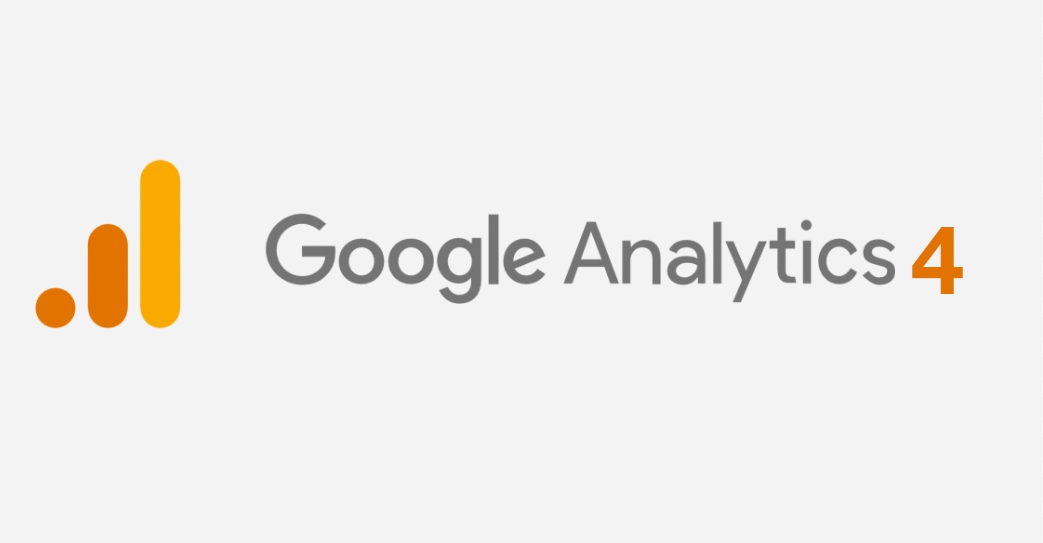Get Ahead of the Curve: Changes in Reporting Due to Google Analytics 4 Migrations
 Tracking your website’s performance is crucial to the success of your business. Thanks to Google Analytics, you can easily generate reports on your site’s metrics and gain insights into your customers’ behavior. However, with the recent migration to Google Analytics 4, there are now some significant changes in reporting that you need to know to keep up with the competition. In this blog post, we’ll be discussing the most important changes and how they will affect your current reporting methods.
Tracking your website’s performance is crucial to the success of your business. Thanks to Google Analytics, you can easily generate reports on your site’s metrics and gain insights into your customers’ behavior. However, with the recent migration to Google Analytics 4, there are now some significant changes in reporting that you need to know to keep up with the competition. In this blog post, we’ll be discussing the most important changes and how they will affect your current reporting methods.
No More Goal Conversions
One of the most significant changes with Google Analytics 4 is the removal of goal conversions. Instead, events are now the primary way to track user behavior. This means that you’ll need to set up custom events to measure interactions such as button clicks, form submissions, and video plays. Custom events give us deeper insights into how users are interacting with our site and provide more flexibility than the previous goal conversions.
Setting up the Right Event Tracking
One of the significant differences in GA4 is event tracking. It is an enhanced version of the existing user behavior tracking. Events are user interactions with content or other elements on a web page or app. For businesses to get the most out of GA4, it is necessary to configure event tracking best suited for your objectives. Track custom metrics for Page Views, button clicks, and actions. For example, track cart additions, contact form submissions, newsletter subscriptions, etc.
Reporting and Insights
GA4 offers a substantial amount of exciting reports, but it can be challenging to navigate through its analytics interface for newcomers. Consider taking some time to dive deep into the various reporting tools on GA4, these include User Explorer, Cohort Analysis, and Funnel Analysis. By doing so, businesses can leverage enhanced audience insights and achieve a better overview of their web performance.
More Advanced Data Modeling
Google Analytics 4 introduces a new way of processing data called “data modeling.” This allows for more accurate reporting by incorporating machine learning algorithms to fill in gaps in data. This new feature enables a more accurate representation of the customer journey and can help you figure out which strategies to use to improve your user experience.
Focus on User-Centered Data
Google Analytics 4 also aims to provide more user-centered data. Instead of just tracking sessions, it now tracks users and their behavior across devices, sessions, and channels. This focus on user behavior instead of sessions provides a more accurate understanding of how users interact with your site, leading to a more personalized experience. This shift towards user data is essential for businesses looking to improve their customer experience and boost conversions.
More Integration With Google Ads
Another significant change with Google Analytics 4 is its integration with Google Ads. Specifically, it now allows for cross-device reports that show how Google Ads is driving user behavior across various devices and channels. If you’re running an ad campaign, this new feature can help you see the performance of your ads in real-time, allowing you to make data-driven decisions for your ad campaigns.
No More Cohort Reports
Cohort reports, which show how users behave over time based on a specific action, are no longer available on Google Analytics 4. However, you can still access this data through the new “Analyze” feature. The new analyze feature uses machine learning algorithms to generate insights based on the segments you select, making it easier to create campaigns tailored to specific audiences.
As you can see, Google Analytics 4 brings significant changes in reporting. As a business owner or marketing director, it’s essential to stay ahead of the curve and adjust your analytics strategy accordingly. Paying attention to the latest developments, such as custom events, data modeling, user-centered data, Google Ads integration, and the new Analyze feature, will ensure that you stay competitive in the marketplace. With these changes, Google Analytics 4 improves our ability to understand and respond to user behavior, providing the platform for more personalized user experiences.


